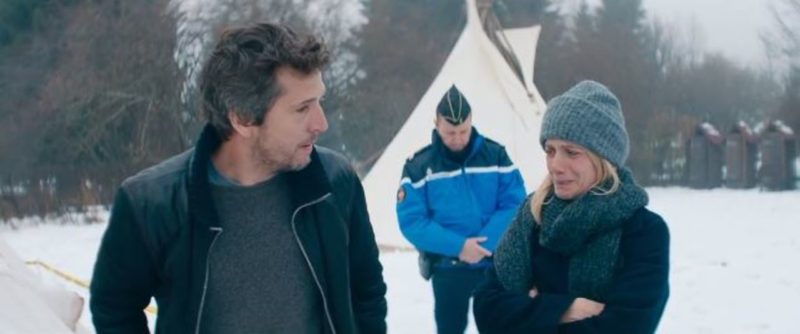Ken Loach’s company Sixteen Films is well known for producing thought-provoking drama and films exploring social issues. We spoke to Rebecca O’Brien, BAFTA-winning producer at Sixteen Films, about how sustainability is also a key part of their production process.
Sixteen Films has recently finished shooting a remake of Christian Carion‘s 2017 French Thriller, Mon Garçon. The remake, My Son, which is also being directed by Carion, stars James MacAvoy and Claire Foy. “I guess you could say that remaking is a form of recycling!”, joked Rebecca.


